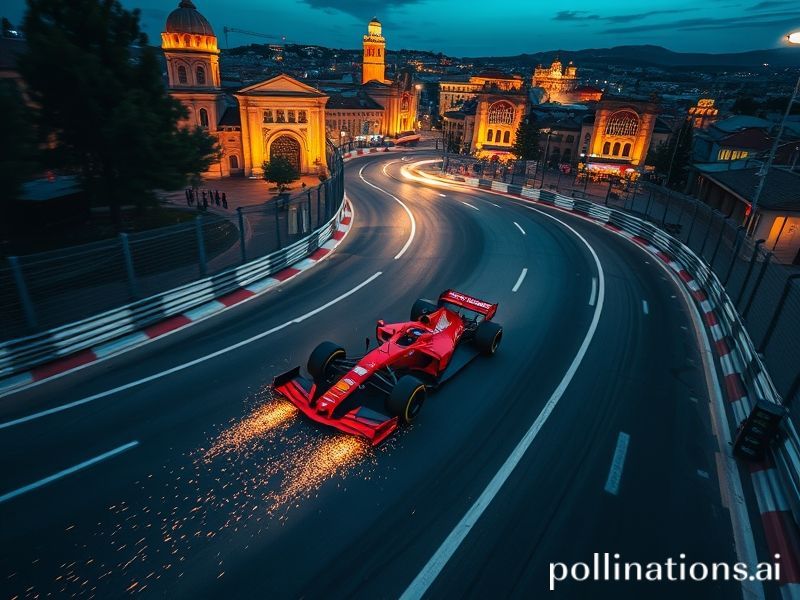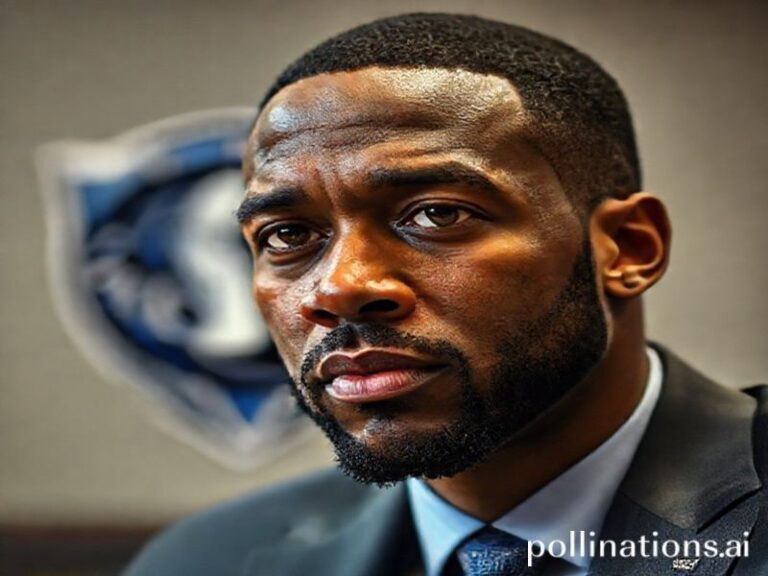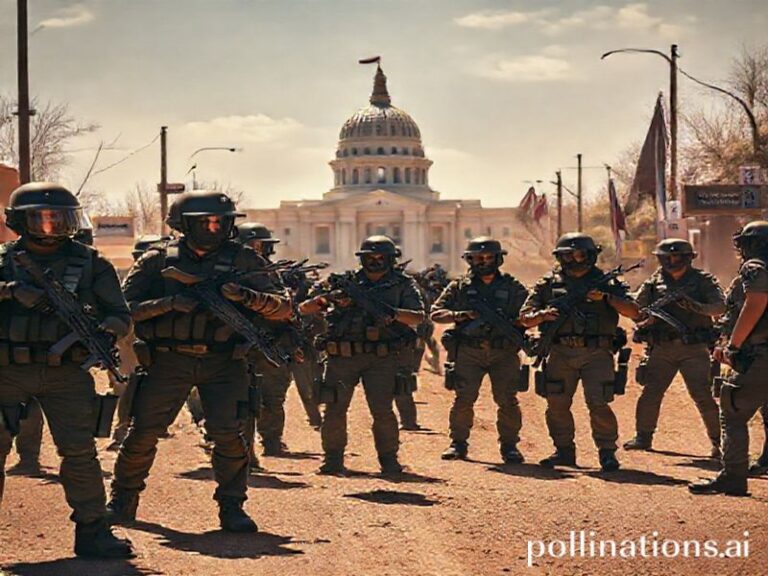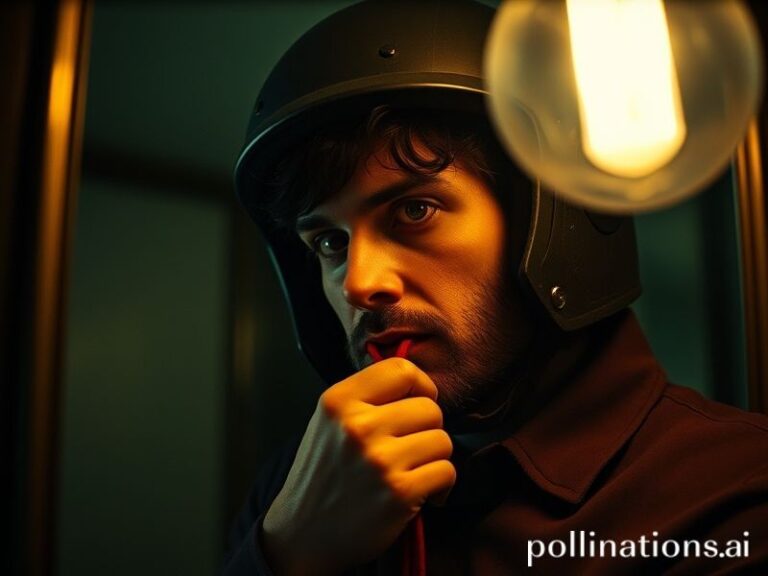Leclerc Takes Baku Pole While the World Burns Rubber: Global Takeaways from Azerbaijan F1 Qualifying
BAKU, Azerbaijan – Somewhere between the Caspian Sea’s oily sheen and the medieval walls that still remember Silk-Road extortion rates, Formula One’s traveling circus staged qualifying for the Azerbaijan Grand Prix. Twenty drivers, two dozen carbon-fiber egos, and several governments that prefer not to be mentioned all converged on a street circuit that looks like Monaco after a Soviet contractor ran out of champagne and switched to diesel. The takeaway? Charles Leclerc will start on pole—again—while the rest of the grid sorts out which geopolitical sponsor will underwrite next week’s excuse.
International audiences woke to headlines that oscillated between breathless (“Leclerc Storms Baku!”) and vaguely threatening (“Gasly Engine Penalty Sparks French Recession Fears”). In truth, Saturday’s session was a master class in modern contradictions: a sport that burns 100 kg of fuel per car to promote sustainability, hosted by a nation whose president once allegedly used a €40 million Airbus to fetch gluten-free bread. Somewhere in Brussels, a climate bureaucrat began drafting a strongly worded footnote.
The global significance, if one squints hard enough through the smog of burnt Pirelli rubber, is that Baku remains one of the few places where East-West tensions are settled at 320 km/h instead of via anonymous hacking. Lando Norris, fifth on the grid, noted the track’s “character”—a euphemism for walls that remove suspension parts the way a tax auditor removes optimism. Meanwhile, Zhou Guanyu’s Alfa Romeo kissed the barrier with enough precision to remind Beijing that Belt-and-Road infrastructure occasionally includes unplanned detours into tire barriers.
For the energy markets, Leclerc’s pole matters because Ferrari’s sponsor, Aramco, is still deciding whether to raise crude prices or simply buy the podium outright. Analysts in London yawned—another pole for the Monegasque, another spreadsheet cell turning red—while traders in Singapore priced in a 0.3 % bump in Brent futures on the assumption that Ferrari might actually finish a race this season. Spoiler: they won’t.
The session’s real drama unfolded off-camera: Sergio Pérez, second on the grid, gave an interview in Spanish to Mexican television, thereby triggering a 3 % swing in the peso. (Correlation is not causation, but try telling that to an algorithm.) Carlos Sainz, third, spoke Catalan-inflected Spanish to Spanish media, which Madrid interpreted as sedition and Brussels filed under “internal affairs.” Somewhere, a linguist updated their LinkedIn to “Geopolitical Risk Consultant.”
And then there’s the human element. Yuki Tsunoda, having qualified tenth, admitted he still doesn’t understand Baku’s castle section: “It’s like Tokyo rush hour, but the walls don’t honk.” A Japanese viewer commented on Reddit that Tsunoda’s confusion proves the superiority of Shinkansen diplomacy; an Azerbaijani troll farm replied with 800 emojis of apricots. Both governments denied involvement.
Broader implications? The FIA announced new “flexi-wing” tests effective immediately, which is bureaucrat for “we’ll pretend to regulate until someone posts a TikTok exposé.” Meanwhile, Netflix’s Drive to Survive crew filmed Toto Wolff’s left eyebrow for seventeen uninterrupted minutes—content that will be marketed in 190 countries as “exclusive insight into Austrian angst.” Expect a spin-off series titled “Brake Ducts and Breakdowns: A European Union Story.”
By the time the sun set over the Absheron Peninsula, the world had learned three things: 1) Charles Leclerc remains very fast when the car stays in one piece; 2) geopolitics travels at the speed of a downforce package; and 3) no amount of dark humor can offset the carbon footprint of shipping an entire paddock to the Caucasus for the sake of a two-hour traffic jam in designer sunglasses.
Tomorrow’s race will presumably happen, barring another drone strike on an oil depot or a cryptocurrency sponsor going bust between now and lights out. Either way, the planet will keep spinning—slightly faster, perhaps, if Max Verstappen decides he’s bored—and the international press will file their copy, file their expenses, and file away another reminder that in 2024, even sport can’t escape the gravitational pull of everything else.







